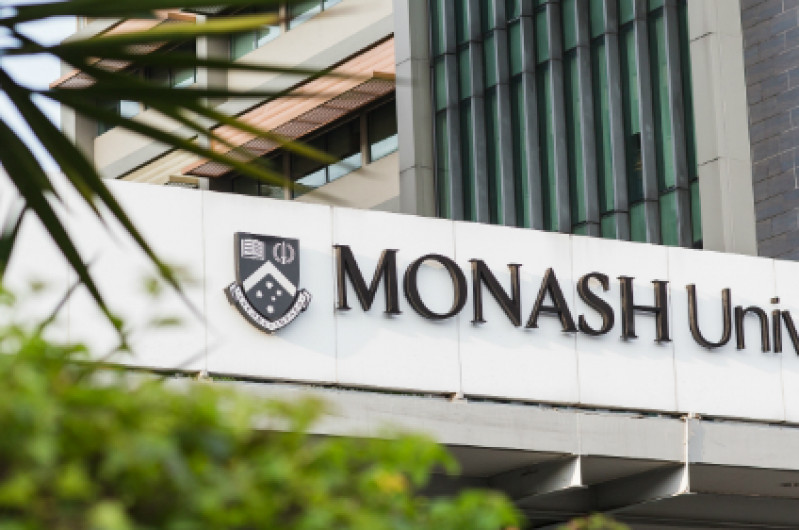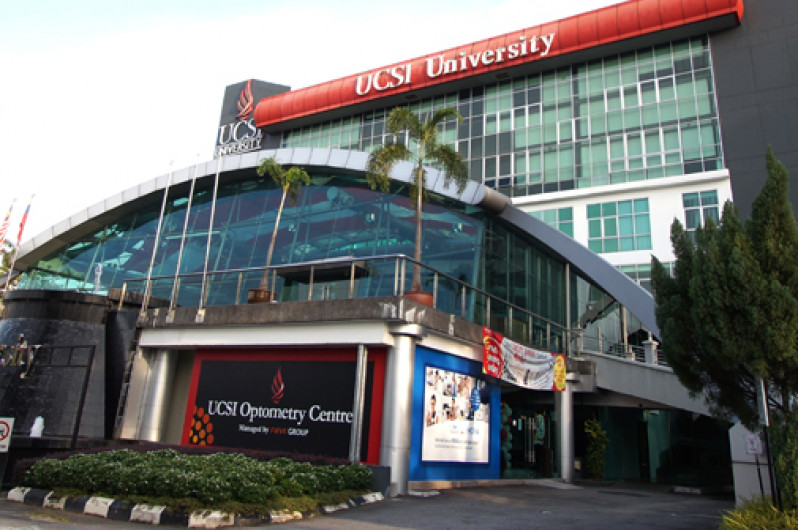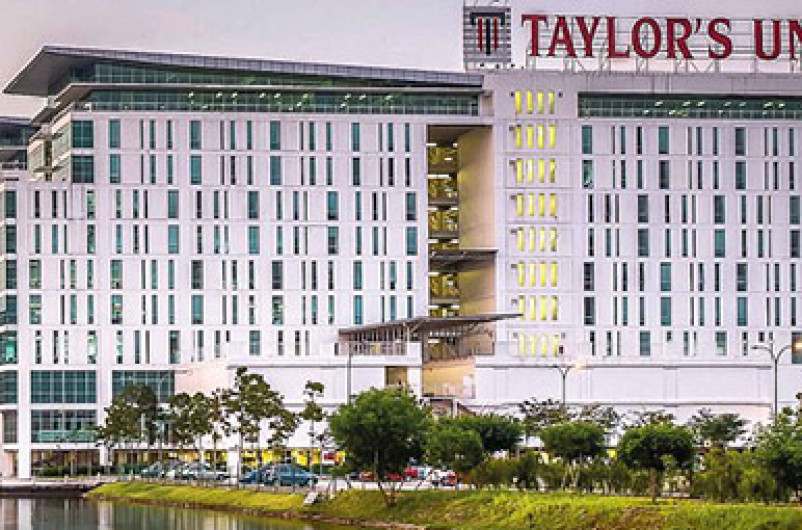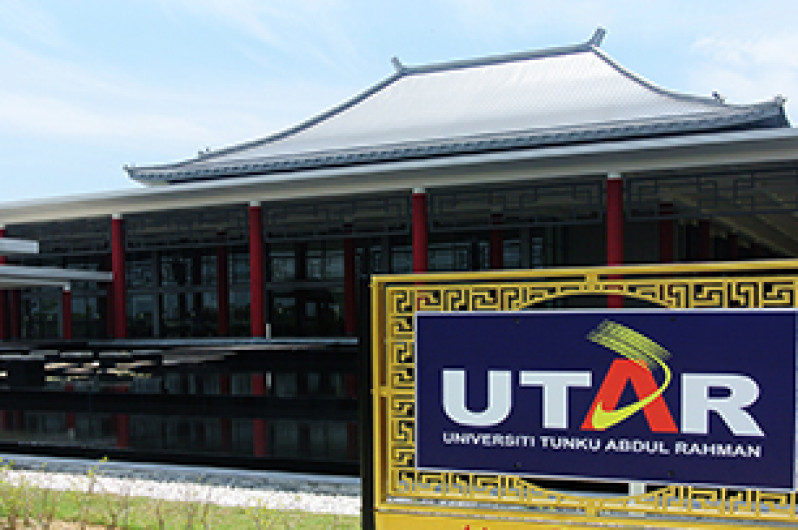What is Food Microbiology?
Microbiology is an important concentration for food safety, production, processing, preservation and storage. Students in food microbiology will learn a variety of modern technologies including immunology, microbiology, and molecular biology. Students also will study and research microorganisms that inhabit, make, and destroy food. Probiotics, which are good bacteria, are important sub-fields of discussion in food microbiology. Microorganisms are also an important part of various types of food such as cheese, yogurt, bread, beer, tempeh, and oncom. Food microbiology includes understanding not only the factors that affect the growth of microorganisms in the food system, but also the procedures and techniques of controlling them.
Why did you choose this programme?
The dependence of the community on safe food supplies, related to world economic problems and scarcity of food caused by climate change, crop damage and food decay causes high demand for food experts graduated from Food Microbiology. Students who are majoring in food microbiology are expected to have interest in microbiology, physics, chemistry, organic chemistry, and biochemistry.
Subjects in Food Microbiology
- 1Human Nutrition
- 2Chemistry
- 3Mathematics
- 4Food & Nutrition
- 5Pathology
- 6Biology
- 7Physiology
Job Prospect for Food Microbiology
High demand and good career prospects, especially in the food and beverage industry and fast moving consumer goods (FMCG) such as Unilever, Nestle, Danone, and Wings Food.












